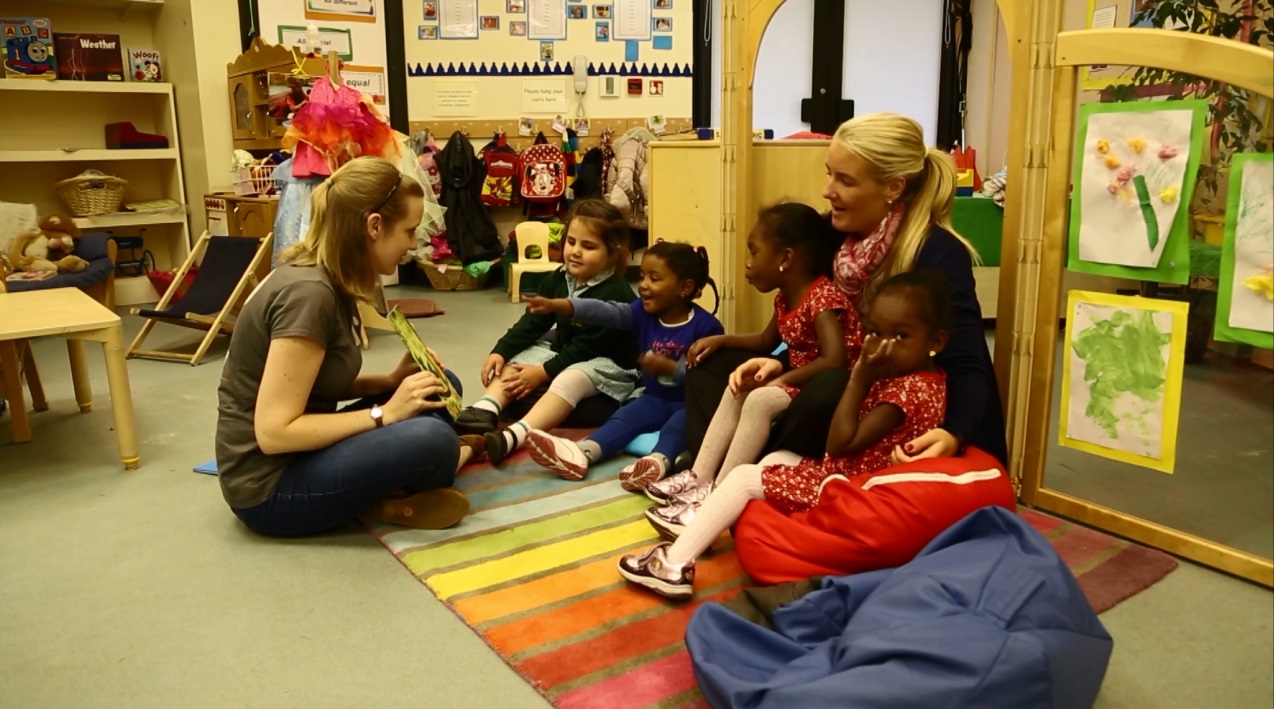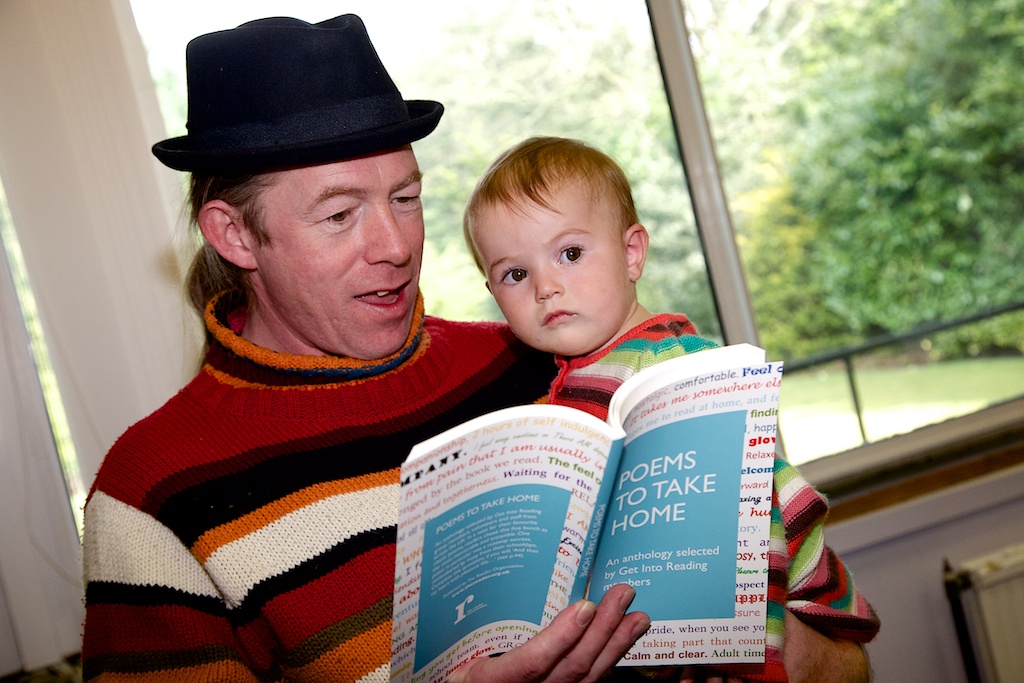Tackling the wealth divide in education through shared reading
With Unicef's damning report on how the growing wealth gap is impacting on child well-being, we discuss how Shared Reading projects are making an impact.
A Unicef report published last week has highlighted the growing gap between children from wealthy and disadvantaged backgrounds, criticising the government for failing to reduce inequality in child well-being. The study, Report Card 13, flagged a worrying disparity in education ranking the UK 25th out of 37 countries in reading, maths and science.
Through our Shared Reading projects with young people and schools, The Reader has been developing a culture of reading for pleasure, the single most important factor that will make a child successful in life, according to UNESCO.
A 2013 report by Dr Alice Sullivan at the Institute of Education also states that cultivating this culture of reading for pleasure can have a greater impact on a child’s cognitive development than their parent’s level of education, however research shows that only one in five parents easily finds the opportunity to read to their children.
With this research in mind, Liverpool Learning Partnership and Liverpool City Council Children and Young People’s Service commissioned The Reader in January 2015 to run a nine month project to engage parents of two year old children accessing 15 hours of free childcare per week.
The project aimed to support parents from disadvantages areas of Liverpool in becoming reading role models and emphasised reading in a fun and interactive way that would encourage opportunities for bonding and stimulating positive relationships within the family at a key juncture in early years development.
Engaging participants through Private, Voluntary and Independent nurseries and schools, led to:
- Improvement in the language development of two year olds
- Improvement in their responsiveness to books and storytelling
- Improvement in the confidence and skills of parents to share stories with their children

A Reader project worker delivering to a nursery group as part of the PVI programme
As well as delivering a range of Shared Reading sessions to parents, children and nursery staff, The Reader also provided training sessions for parents and nursery staff with a focus on applying Shared Reading skills to reading with nursery aged children.
Of the 52 parents and nursery practitioners who participated in Stories For You and Yours training, over 90% reported they felt confident reading and engaging with children. Just under half of the nursery practitioners participating in Book Worms sessions reported that children demonstrated better concentration levels, with 37% reporting that children were also contributing to, and interacting more with the sessions.
For parents, staff and project workers witnessing the impact firsthand in nurseries across Liverpool, it was often the most subtle behaviours, such as a disengaged child picking up a book, that formed the narrative of the most important stories. Below, Michael's story gives an insight into one such narrative:
Michael’s Story:
Michael’s mum was invited to join the Magical Story Time sessions at his nursery, however with a new-born baby at home she was unable to attend regularly. She told nursery staff that this was a real frustration for her as she often struggled to engage Michael with books at home. At the nursery Michael could be very mischievous as parents began arriving to join the Shared Reading session and didn’t express much interest in joining children on the mat to read despite encouragement. However, one week, the project worker reported that while she was gathering books together after a reading session with some of the children, Michael brought her a book and sat down to be read to. This brief breakthrough with Michael lasted just five minutes and was interrupted toward the end of the story when another child joined them and Michael drifted away but one of the nursery staff had taken a photograph to capture him engaging with the book, pointing to animals hiding in the pictures. The photograph was presented to Michael’s mum when she arrived to collect him later that day, she cried with happiness because she had never seen him sit down with a book before.
This PVI Project, as part of our wider work with schools and young people, goes some way to demonstrate the positive impact Shared Reading interventions can have on children and families from disadvantaged backgrounds, not just improving engagement with books but providing positive opportunities for children and parents to bond over a shared enjoyment of reading.
Unicef noted in their report that 'without the significant contribution of social tranfers' the income gap in the UK would be among the highest in Europe, reiterating the importance of more outreach work, particularly in areas where families must access more services and support.
The Reader would like to see projects such as the PVI programme replicated across the UK as part of a wider effort to combat the gaps in school readiness which compound the issues of child poverty in the UK.
You can read the full PVI Project 2015 report here.

Share
Related Articles

Storybarn Book of the Month: Saving the Butterfly
This month, as part of Refugee Week (16-22 June), we've been taking a look back at one of our favourites…

Shared Reading in Wirral Libraries: ‘As a kid people read stories to you but as an adult you lose that – and it’s a fantastic thing to do!’
Two Strategic Librarians for Wirral Libraries, Kathleen McKean and Diane Mitchell have been working in partnership with the UK’s largest…

Pat: ‘You don’t need to be an academic – it’s about going on your gut feeling about a story or poem’
National charity The Reader runs two popular weekly 90-minute Shared Reading group at one of the UK’s most innovative libraries,…


